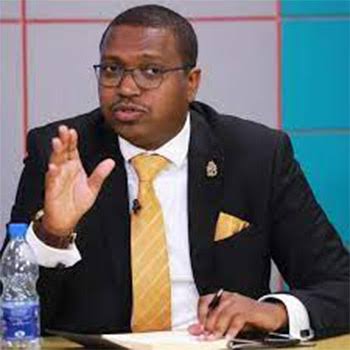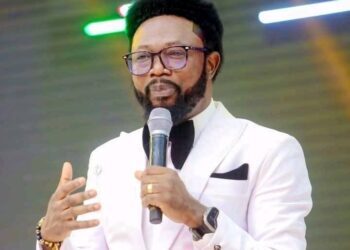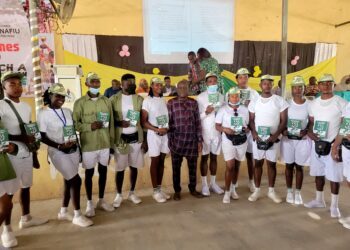The Mayor of Entebbe in Uganda, Fabrice Rulinda has disclosed that the Federal Capital Territory (FCT) Abuja is better without an elected political leader.
According to Rulinda an appointed leader in Abuja who is not thinking about the next election can focus on developing the city unlike someone who is thinking on how to get votes.
“Abuja is better off not having an elected political leader. Abuja should not have a mayor,” Rulinda said while giving his view on the discussion whether Abuja, Nigeria’s capital city should have a Mayor.
“Politicians consider votes more than development. If Abuja should have a Mayor, an elected politician might be thinking about how to win the next election and not development. So, having an appointee as the head in Abuja is better, ” Rulinda, adding that elections have not given Africa the real effect it ought to, calling for a rethink.
According to Rulinda, the continent has been copying democracy from the western world but does not adopt a system that will lead to the growth and development of the continent.
Rulinda stated this in Abuja ahead of this year’s colloquium organized by Haske Satumari Foundation which will open conversation on electoral and Judicial Reforms.
Rulinda, who is a special guest at the annual colloquium with the theme: “Electoral And Judicial Reforms: The Imperatives on Nigeria’s Democracy, Governance, Leadership and its selection processes will be joined by Nigerian leaders including former President Goodluck Jonathan, the Executive Governor of Plateau State, Barr Caleb Manasseh Mutfwang, Human Rights activist and lead council, Falana and Falana Chambers, Mr Femi Falana SAN, former Senate President, Abubakar Bukola Saraki amongst others on Thursday.
“Election has not had the effect we thought it will have,” Rulinda said, while calling for electoral reforms and attitudinal change from politicians.
“Elections in Africa are decided based on who bought the most sugar, salt, and share most of the money and there must be a return on investment.
“Do our electorate understand democracy? Electorates wait for money, the politicians give them the money and after winning, they recoup their money. This is bad,” Rulinda said.
While urging Africans and African leaders to understand the true meaning of democracy, Rulinda said if there is no democracy in homes and families – which is the smallest unit of the society, then the system used at home should be applied in politics.
“Many think election time is time to make money. For the Mayor, Governor and other elective offices after the election, if they share money with the electorates, they may go silent for the next four years,” Rulinda said while decrying how many politicians don’t work with their opponents after winning election.
“The one who wins and will not work with the one who loses. If the interest is for development, we must work together for a common interest. We need to develop our own kind of governance,” Rulinda said, insisting that only honest conversation like the up coming Haske Kudla Foundation Colloquium will help in chatting a new way of democratic practice in Africa.
“When we start having honest conversations that make us uncomfortable like the one we will have on Thursday, things will work right. We must be intentional as Africans in developing our democracy.
“We need to do away with foolish things like tribalism, ethnicity and religion.
Let’s start looking for ideas and think on how to develop,” Rulinda said, adding that politicians are part of the problem in Africa.
“We now have more takers than givers. African politicians are not benevolent. They got it from the people, refused to invest in the country and moved to Europe. There is corruption in the west but they don’t take their wealth to other continents.
“African leaders need to understand that their governance needs to be for their people. When we say people, it is not your immediate family but the generality of the people that voted for you,” Rulinda said.











